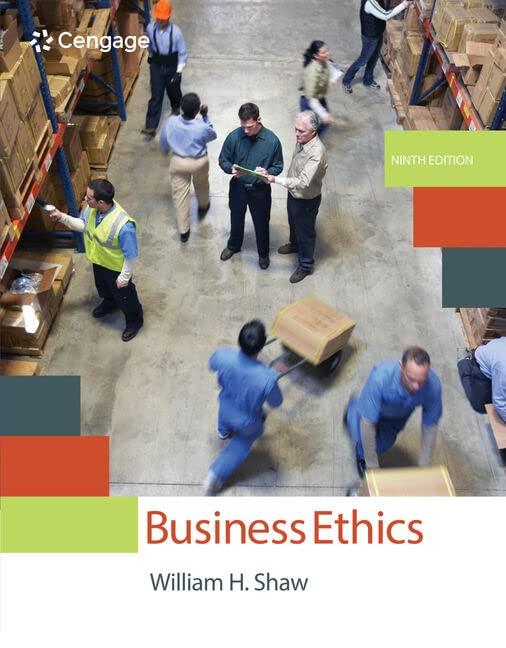IT IS REFERRED TO AS BRAZILS VALLEY OF death, and it may be the most polluted place
Question:
IT IS REFERRED TO AS BRAZIL’S “VALLEY OF death,” and it may be the most polluted place on Earth. It lies about an hour’s drive south of São Paulo, where the land suddenly drops 2,000 feet to a coastal plain. More than 100,000 people live in the valley, along with a variety of industrial plants that discharge thousands of tons of pollutants into the air every day. A reporter for National Geographic recalls that within an hour of his arrival in the valley, his chest began aching as the polluted air inflamed his bronchial tubes and restricted his breathing.103 The air in the valley is loaded with toxins—among them benzene, a known carcinogen. One in ten of the area’s factory workers has a low white blood cell count, a possible precursor to leukemia. Infant mortality is 10 percent higher here than in the region as a whole. Of the 40,000 urban residents in the valley municipality of Cubatão, nearly 13,000 suffer from respiratory disease.
Few of the local inhabitants complain, however. For them, the fumes smell of jobs. They also distrust bids to buy their property by local industry, which wants to expand, as well as government efforts to relocate them to free homesites on a landfill. One young mother says, “Yes, the children are often ill and sometimes can barely breathe. We want to live in another place, but we cannot afford to.”
A university professor of public health, Dr. Oswaldo Campos, views the dirty air in Cubatão simply as the result of economic priorities. “Some say it is the price of progress,” Campos comments,
“but is it? Look who pays the price—the poor.”104 Maybe the poor do pay the price of pollution, but there are those who believe that they should have more of it. One of them is Lawrence Summers, former director of the National................
Discussion Questions 1. What attitudes and values on the part of business and others lead to the creation of areas like the “valley of death”?
2. Should the third world have more pollution, as Lawrence Summers argues? Assess his argument that dirty industries should move to poorer and less-polluted areas.
3. Some say, “Pollution is the price of progress.” Is this assertion correct? What is meant by “progress”?
Who in fact pays the price? Explain the moral and the economic issues raised by the assertion. What are the connections between economic progress and development, on the one hand, and pollution controls and environmental protection, on the other?
4. Do human beings have a moral right to a livable environment? To a nonpolluted environment? It might be argued that if people in the “valley of death” don’t complain and don’t wish to move, then they accept the risks of living there and the polluters are not violating their rights. Assess this argument.
5. Assess the contention that people in the third world should learn from the errors of the West and seek development without pollution. Should there be uniform, global environmental standards, or should pollution-control standards be lower for less-developed countries?
6. Even though they will probably be hit hardest by it, poor nations are less able than are rich countries to deal with the consequences of global warming. As a result, do rich nations owe to it to poorer nations to curb their own emissions more than they otherwise would be inclined to do? Do they have an obligation to provide poorer nations with, or help them develop, greener industries and sources of energy? Explain why or why not.
Step by Step Answer:






